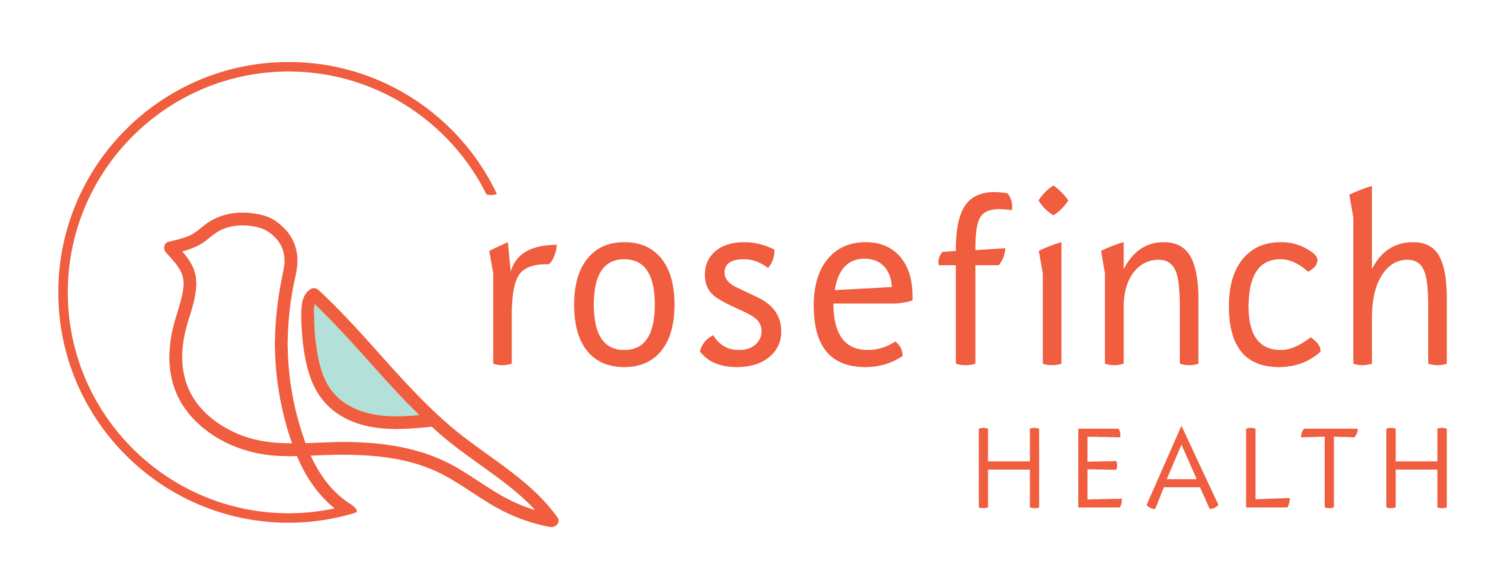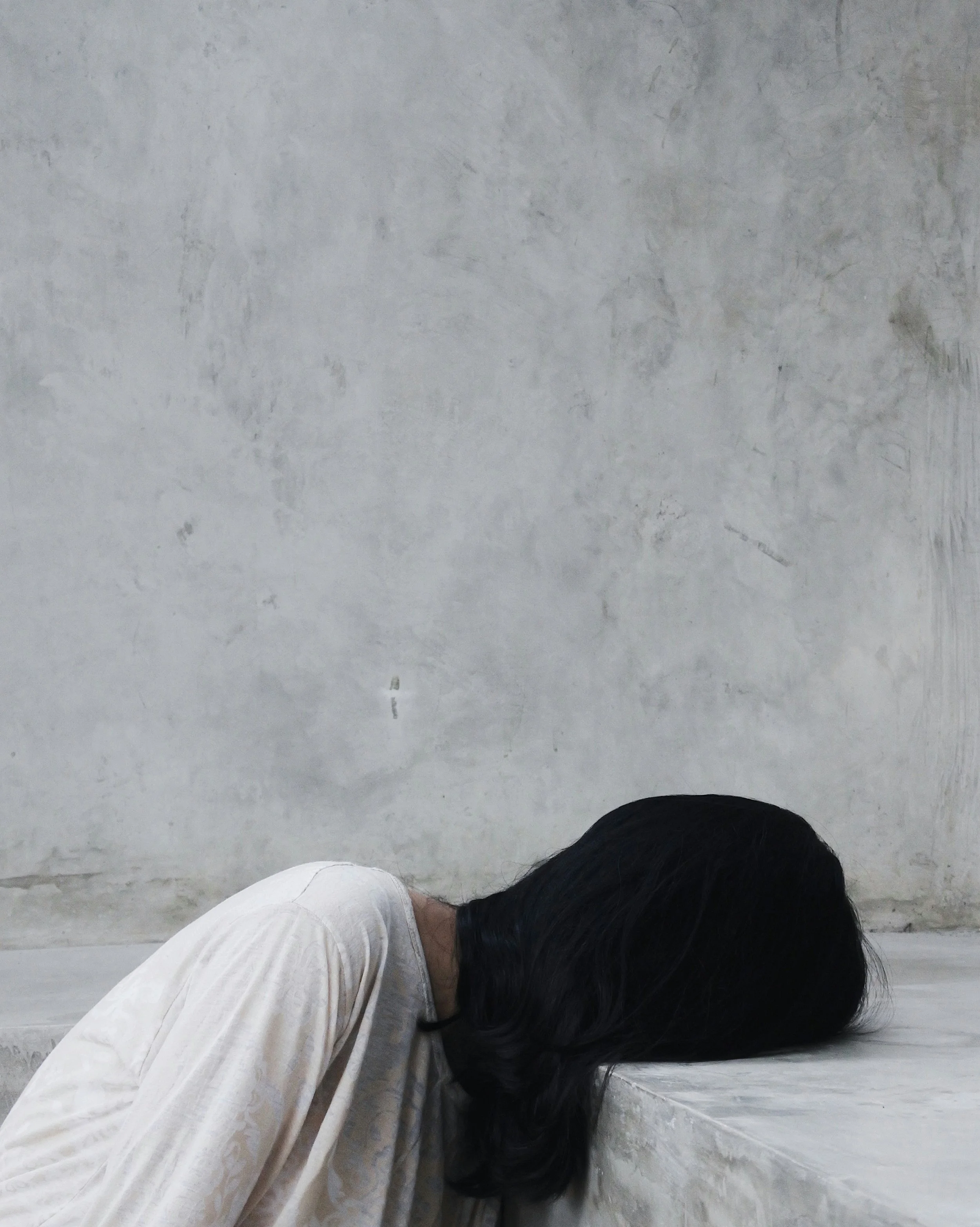How Acupuncture and Traditional Chinese Medicine Can Ease the Emotional Journey of IVF Treatment
For anyone who has undergone in vitro fertilization, the statistics tell only part of the story. Yes, IVF can cost anywhere from $12,000 to $25,000 per cycle. Yes, only 37% of cycles result in a healthy baby. But what the numbers don't capture is the 3 a.m. anxiety before an embryo transfer, the physical discomfort of daily injections, or the emotional weight of hope mixed with uncertainty that defines the fertility journey for some.
Now, groundbreaking research from University Hospitals Cleveland offers evidence that Traditional Chinese Medicine, a therapy that centers acupuncture alongside nutrition, lifestyle, and mindfulness, can meaningfully ease this burden. The study, published in Global Advances in Integrative Medicine and Health, reveals that people receiving Whole Systems Traditional Chinese Medicine (WS-TCM) during IVF experienced immediate, clinically significant reductions in pain, stress, and anxiety.
The Hidden Toll of Fertility Treatment
Consider this: nearly 40% of people who discontinue IVF cite treatment-related stress as their primary reason for stopping. It's not just the disappointment of an unsuccessful cycle; it's the cumulative weight of the entire process. The physical demands. The emotional roller coaster. The strain on relationships and finances.
The researchers and clinicians at University Hospitals understood this reality intimately. They knew that while medical science focuses intensely on pregnancy rates and live births, the human experience of undergoing IVF treatment deserved equal attention. What if, they wondered, acupuncture and Traditional Chinese Medicine could offer relief where modern medicine fell short?
What the Research Revealed
Between 2019 and 2022, the research team tracked 146 women who received nearly 1,900 WS-TCM treatments during their IVF cycles. These weren't experimental subjects in a controlled laboratory. They were real patients at a major academic fertility center, seeking support.
The results were striking. People who arrived for treatment reporting pain, stress, or anxiety experienced substantial relief within a single session. Based on a 10-point scale, the participants reported both clinically and statistically significant changes:
Pain levels dropped by an average of 1.38 points
Stress decreased by 2.11 points
Anxiety fell by 2.22 points
These aren't just numbers on a chart. For a woman rating her anxiety at 5 or 6 before her embryo transfer, a two-point reduction can mean the difference between lying awake with racing thoughts and finding a moment of calm before one of the most important procedures of her life.
More Than Just Needles
The Traditional Chinese Medicine approach used in the study went beyond simple acupuncture. Nearly 90% of treatments incorporated ear seeds—tiny seeds placed on specific ear points that patients could gently press for continued relief at home. Heat lamps provided soothing warmth during 83% of sessions. Some women received electroacupuncture, where gentle electrical pulses enhance the needles' effects.
Most importantly, treatments were individualized. Some women came weekly for months before their transfer, building resilience and balance. Others sought support primarily on transfer day itself—89% of women in the study received treatment on this crucial day. Still others continued with "pregnancy support" treatments after transfer, nurturing both body and mind during the anxious two-week wait.
Generally speaking, a person received approximately four treatments per transfer cycle, though this ranged from a single session to more than 40 visits. This flexibility reflects real-world care, where treatment frequency depends on individual needs, preferences, and resources.
Understanding the Limitations
The researchers were transparent about their study's limitations. This was observational research, not a randomized controlled trial. There was no control group receiving sham acupuncture or no treatment. The people who sought WS-TCM may have been particularly motivated to find relief, potentially influencing their responses.
Moreover, the study didn't track pregnancy outcomes. While previous research suggests WS-TCM may improve IVF success rates, this study focused solely on immediate symptom relief. For people whose primary concern is achieving pregnancy, this represents an important gap in the evidence.
The research also took place at a single academic medical center with an established integrative medicine program. Whether similar results would occur in different settings remains unknown.
A Holistic Path Forward
Despite these limitations, the study offers compelling evidence that Traditional Chinese Medicine can meaningfully improve the IVF experience. In a field where people often feel reduced to hormone levels and follicle counts, WS-TCM offers something different: recognition of the whole person—body, mind, and spirit—navigating an extraordinarily challenging journey.
The integration of these ancient practices within a modern fertility center also demonstrates that complementary and conventional medicine need not exist in separate worlds. At University Hospitals, acupuncturists work alongside reproductive endocrinologists, embryologists, and nurses, creating a truly comprehensive care model.
Making the Choice
For people considering Traditional Chinese Medicine during IVF, this research provides reassurance that the approach is both safe and potentially beneficial. The immediate relief from anxiety, stress, and pain—even if temporary—can make the fertility journey more bearable.
The path to parenthood through IVF will always be demanding. But as this research suggests, it doesn't have to be traveled alone, and ancient wisdom may offer comfort where modern medicine reaches its limits. In the delicate balance between hope and uncertainty that defines fertility treatment, perhaps that comfort is precisely what's needed.
In Portland, Oregon, Dr. Lee Hullender Rubin, DAoM, MS, LAc, FABORM, of Rosefinch Health is an expert in integrating acupuncture and Whole Systems Traditional Chinese Medicine alongside IVF to improve your experience, as well as your outcomes. Contact us to learn more.
Photo by Wisnu Prayoga on Unsplash


